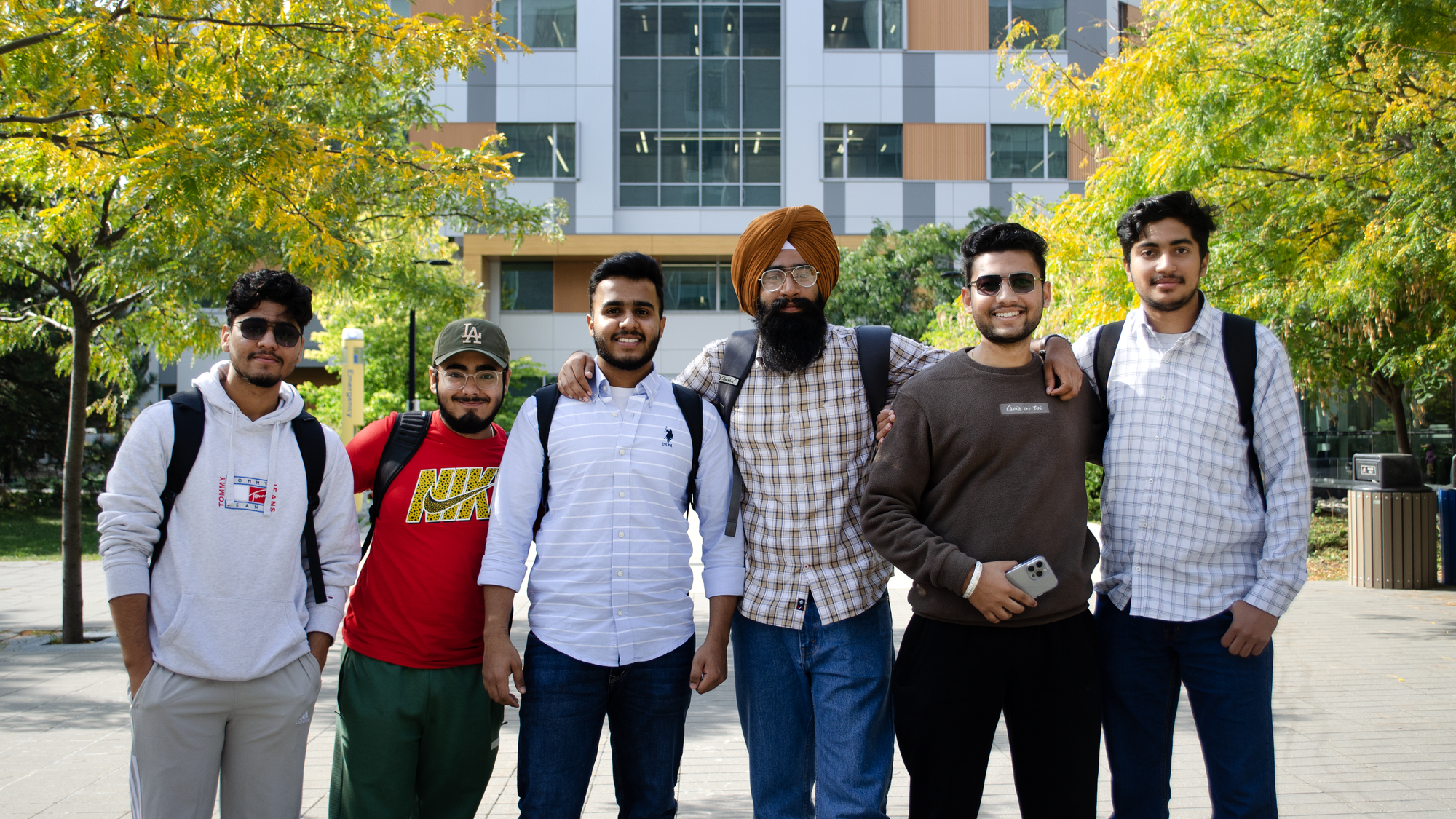I had 27 years of my life compressed into three boxes and a dream when I arrived in Canada from the Philippines in August last year.
In a heavy pink binder, I had my passport, all the necessary permits and bank statements proving my worth.
It didn’t take long, however, for reality to hit me in the face.
My savings had shrunk 40 times. Work was slow and a family problem evolved into a financial one. At one point, I didn’t know if I could continue journalism school.
Around the same time, Ottawa announced that until December this year, eligible international students would be allowed to work 40 hours off campus while classes were still in session.
Previously, those on study permits could only grind 20 hours a week while in school and as long as they wished during scheduled breaks.
The temporary lift on the cap addressed labour shortages in many sectors across Canada and provided international students with an opportunity to gain meaningful work experience, then-Immigration Minister Sean Fraser said.
However, while it had been helpful during the pandemic, it did not make sense to have this limit at all.
International students pay tuition fees in Canada that are four to five times higher than Canadian students.
Whereas domestic tuition has remained frozen since 2020, Ontario colleges can raise tuition for international students by up to 20 per cent annually.
On top of that, data shows international students are a growing source of labour, contributing to Canada’s development through their taxes — but not without blood, sweat and tears.
Ironically, migrants had to take to the streets to protest the permanent residency rights that Prime Minister Justin Trudeau promised in 2021.
Without legal status, some are forced to work for cash to support themselves.
Others enter dangerous jobs where employers exploit them, knowing they are less likely to report or speak up for better wages and conditions than those with nothing to lose.
Anyone who had to leave their families, friends and careers behind does not want to jeopardize their plans.
Although the rules of the study permit are straightforward and sacred — study full-time, work part-time if wanted and exit the country upon graduation — life rarely goes according to plan.
The paperwork I signed didn’t account for the impact of the housing crisis and food inflation on the $10,000 I demonstrated we had as proof of funds. Nor did it guarantee there won’t be unanticipated personal circumstances.
Unless one has generational wealth to lean on, these are beyond students’ control, no matter how smart we are. Studying hard does not guarantee a good scholarship, either.
But hard work at a job can pay off.

Annicca Albano, a journalism student at Humber College, worked up to 60 hours a week to support herself amid the rising cost of living. Photo credit: Liam Neilson
Over summer break, I had a full-time front desk job on campus, a part-time internship at a non-profit journalism organization and my freelance writing business during weekends.
These days, I don’t have to think twice about buying a sandwich to tide me over until the next class or buy a coffee to finish this opinion piece.
I can finally focus on my studies, knowing I have enough savings to keep me in school in Canada.
Much has been said about the danger of over-selling the Canadian dream to international students.
And while raising the minimum proof of funds to reflect reality is a good idea, raising the standards for workers to benefit all is even better.
As the government explores extending the lift — or so I wished upon receiving the email survey about the temporary policy from IRCC early this month — I hope it recognizes that giving students a choice brings more rewards than risks.
I hope it also remembers that celebrating cultural diversity requires systemic change, not just colourful posters only when it’s convenient.
If the government genuinely wants us to come and stay, the least it can do is provide us with a chance at a dignified life and, ultimately, independence.

